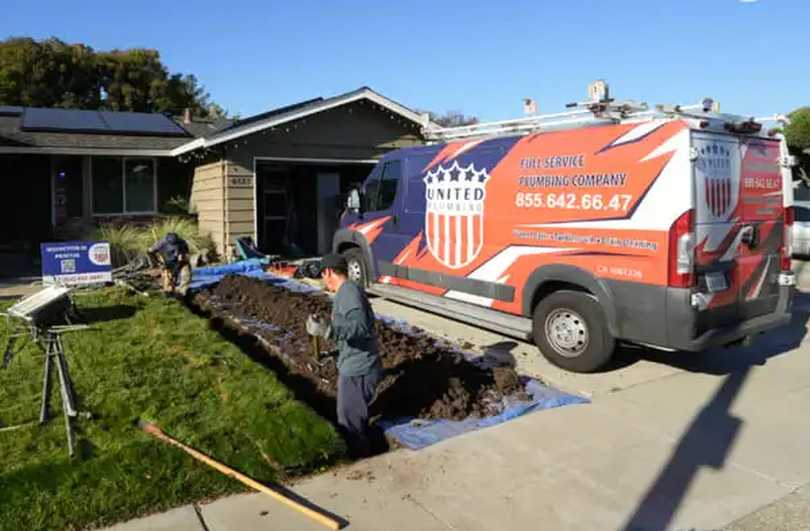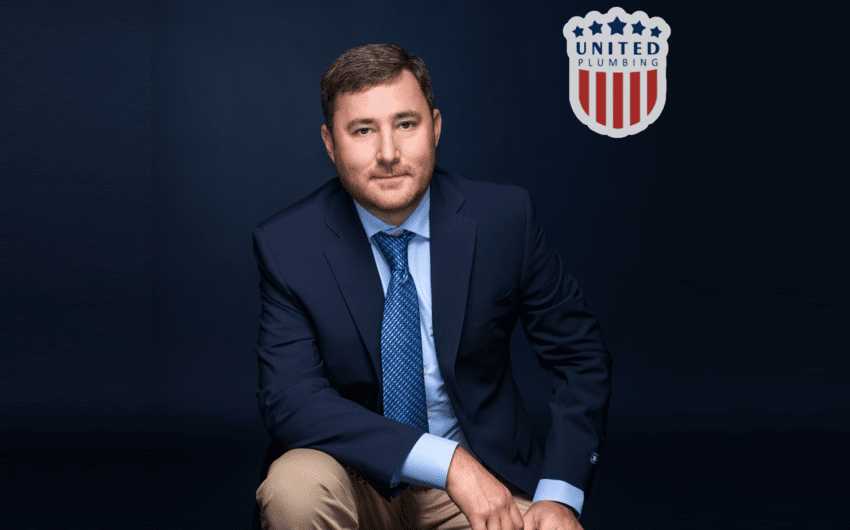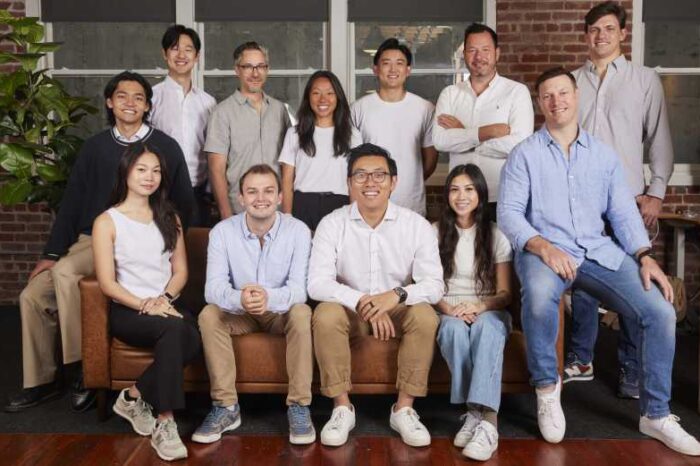United Plumbing founder Bekhruz Nagzibekov is betting AI can fix small business hiring’s most expensive problem

United Plumbing, a Cupertino-based home services company, under the leadership of entrepreneur and digital transformation expert Bekhruz Nagzibekov, has been developing an AI-driven HR assistant designed to cut hiring mistakes that drain small businesses of both cash and time.
The system has been in pilot deployment for several months, leveraging SendPulse’s automation infrastructure to conduct interactive, voice-enabled candidate assessments. From a monthly applicant pool of 10 to 30 individuals, the AI consistently narrows the selection to 1 to 4 finalists, who are then advanced for human evaluation.
For contractors and small operators, that shift could be transformative. Hiring even one technician typically costs about $10,000 and five to seven weeks, Bekhruz Nagzibekov says—and as many as 70% of those hires turn out to be mismatches. Research backs up his concerns: the average cost of a bad hire in the U.S. is around $17,000, according to CareerBuilder.
“Every wrong hire costs a small business weeks of lost time and tens of thousands of dollars. I want to reduce those mistakes from 70% to 20%,” Bekhruz Nagzibekov told TechStartups.
United Plumbing currently runs a lean HR setup: one person handles recruiting, which means only five candidates can be processed each month. With the AI system, throughput increases dozens of times. Instead of waiting months, the company can now deliver a hiring decision within two weeks of training and evaluation. A single bad batch of four technicians can cut $60,000 from operations. “Our goal is to make life easier for entrepreneurs at the earliest stage, when every dollar and every hire matters,” Nagzibekov said.
The AI assistant runs on SendPulse’s automation stack, which manages messaging, segmentation, and analytics. On top of it, United Plumbing built a proprietary voice-enabled model that replicates live interview dynamics. The system combines NLP for meaning, speech-to-text for transcription, and voice-signal analysis (tone, pitch, response speed) to assess soft skills beyond content.
Candidates interact with the assistant through a web or mobile interface. The dialogue engine is adaptive: initial responses trigger progressively deeper questioning. For example, if a candidate reports plumbing experience, the system generates role-specific scenarios—such as diagnosing a boiler malfunction under time pressure—to test applied knowledge and decision-making speed. These scenario modules are dynamically selected from a curated library of domain tasks, ensuring that assessments reflect real field conditions.
The output is a multi-layered evaluation:
- Technical baseline validated through domain-specific Q&A.
- Soft-skills profile derived from voice analytics and conversational coherence.
- The cultural fit index is produced by a scoring layer that maps candidate values against organizational benchmarks.
- Reliability signals are inferred from consistency, completeness, and punctuality in responses.
Each applicant leaves with a digital scorecard. Automation cuts HR workload by 70%, letting one recruiter review 20–30 profiles per month instead of 5–7. For United Plumbing, this directly translates into shorter hiring cycles (from 7 weeks to 2 weeks on average), lower hiring costs, and—most critically—a reduced mismatch rate. In practical terms, fewer failed hires mean fewer disruptions in service delivery, higher technician retention, and more stable revenue flow. The AI system effectively transforms recruiting from a reactive administrative burden into a predictive, data-driven function tightly aligned with the company’s operational economics.
A single HR specialist can now review several processed applicants in the time it once took to handle one or two. The human still makes the final call, but only after the AI has filtered out obvious mismatches.
AI-driven hiring assistants have existed for several years, with enterprise platforms such as Salesforce and SAP, as well as a number of specialized startups, offering chatbot-based recruiting solutions. However, the United Plumbing implementation departs from these generic models in a fundamental way: it was architected directly within a contractor’s operational workflow rather than retrofitted into it. The system’s design reflects domain-specific constraints and pain points unique to plumbing, HVAC, and electrical services—such as technician credential verification, seasonally fluctuating labor demand, and the high cost of mismatched field hires.
Unlike generic HR tools, this assistant uses task-specific modules from real service scenarios, keeping evaluation aligned with actual operations. Its adaptive questioning engine is continuously retrained on internal transcripts, producing a feedback loop between field performance data and candidate screening.
Model governance is overseen by an in-house AI specialist responsible for fine-tuning parameters, curating training datasets, and monitoring error rates. These errors—such as false positives in candidate cultural fit or misclassification of technical expertise—have shown measurable reduction over sequential training cycles, demonstrating the system’s learning curve. Despite these improvements, the architecture still requires iterative refinement to achieve production-grade robustness.
According to Nagzibekov, the development roadmap includes two to three additional quarters of testing, gradual scaling across five geographically distributed offices, and eventual commercialization of the system as a standalone product. If successful, this trajectory would not only optimize United Plumbing’s internal hiring pipeline but also position the company as a technology provider capable of exporting domain-specific HR solutions to the broader home services industry.
The U.S. Home Services Market was valued at $211.71 billion in 2024 and is projected to reach $893.18 billion by 2032, growing at a CAGR of 19.59% from 2026 to 2032, according to Verified Market Research. For Nagzibekov, the scale of those numbers highlights why hiring is more than an HR issue—it’s a systemic inefficiency costing the industry billions. “If AI can eliminate even part of that waste, the impact will be huge,” he said.
Bekhruz Nagzibekov moved to California in 2016 and founded United Plumbing in 2020, building on his father’s trade background. The company now operates in multiple California cities and has built a reputation for reliable service. In 2022, he joined the Forbes Business Council, contributing thought leadership on scaling small businesses. The AI-HR initiative marks his most ambitious step yet: moving from operations into productization.
“We don’t want to build tech for tech’s sake. We want AI that solves a problem every contractor has lived through,” he said.

United Plumbing founder Bekhruz Nagzibekov (Credit: United Plumbing)




